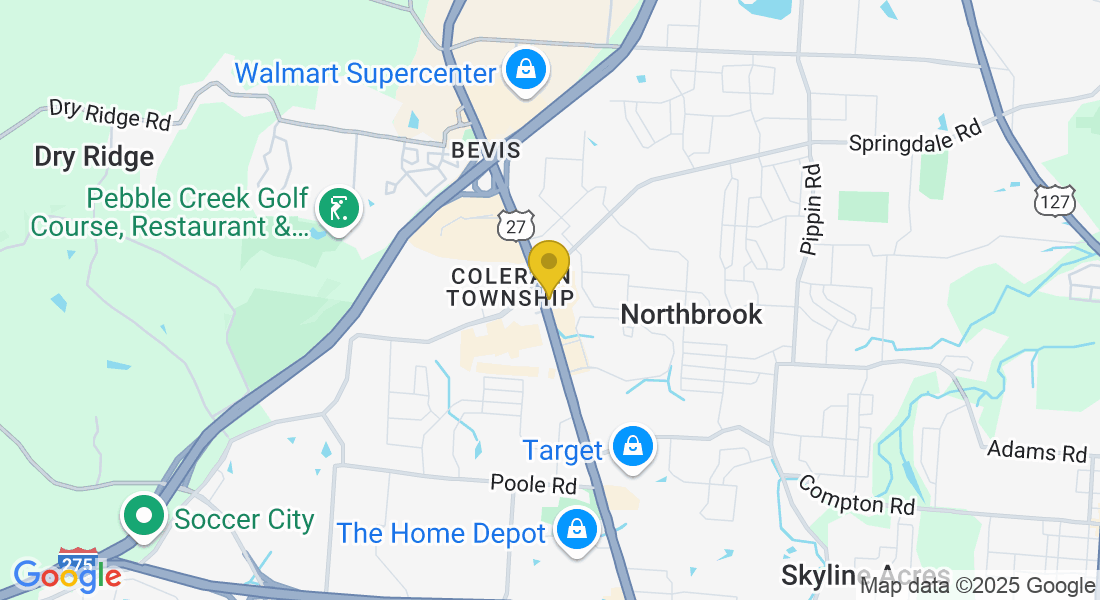Luxx Concierge Nursing Services
What is Concierge Nursing?
Elite Nursing Services for Unmatched Comfort and Care.
Concierge nursing is a personalized healthcare service where nurses provide one-on-one, tailored care to clients in their homes, hotels, or other private settings. This type of nursing focuses on convenience, individualized attention, and high-quality care, often catering to those who prefer private healthcare services outside of traditional hospital or clinic settings.

What Concierge Nursing packages are available?
Expert care for a smooth recovery.
Our nurses provide continuous care by managing pain, administering medications, monitoring vital signs, and offering IV hydration when needed. We help reduce bruising and swelling while conducting frequent assessments, checking incisions, dressings, and drains. Following your discharge plan, we coordinate with your physician as necessary. Additionally, we assist with bathing, mobility, wound care, and light meal preparation to support your recovery.
Wound care
Assessment
Vitals
Medication management
Appointment reminder
Communication with provider
Hourly Packages
Tailored care for your loved ones' peace of mind.
At Luxx Concierge Nursing, we offer tailored packages designed to meet your specific aftercare needs. Our dedicated team provides exceptional medical care and support for elderly individuals, ensuring a seamless and stress-free healing process. We’re here to assist your loved ones when life gets hectic and can adjust or extend any care plan to fit their needs. You can trust that their well-being is our priority.
We also offer 2-hour weekly wellness visits.
Membership Package
2 Hour weekly check-ins included with the membership package!
Assessment / Vital Check
Medication Management
Environment Assessment
Family / Provider Communication
Appointments Schedule / Reminder
Why should I consider Concierge Nursing?
Personalized care, comfort, and support wherever you need it.
Luxx Concierge Nursing provides personalized nursing services to meet your unique needs, whether you need support during recovery or care while away from home. Our compassionate team is dedicated to easing the challenges of post-recovery, ensuring you receive expert attention even when family or friends aren’t available.
In addition to medical care, we assist with daily essentials like meal preparation and personal care, creating a comfortable and supportive environment. We prioritize the well-being of our elderly clients, building meaningful connections and a sense of family.
If you have an upcoming surgery, let Luxx Concierge Nursing provide stress-free aftercare in the comfort of your home. Book a consultation easily through our online scheduling system today!
How do Luxx services work for Elderly care?
Compassionate care, tailored for your loved ones.
At Luxx Concierge Nursing, we offer comprehensive membership plans designed to meet the unique needs of your loved ones. Our customized packages include:
Post-Operative Care for Seniors
Medication Pickup & Management
Appointment Scheduling & Reminders
Support with Daily Living Activities (ADLs)
Vital Sign Monitoring
Expert Wound Care
Ensuring a Safe and Comfortable Home Enviornment
Patient Advocacy & Support
Health Education & Guidance
Interested in exploring the benefits of telemedicine?
Contact Luxx Concierge Nursing today or book an appointment online.
FAQs: Your Questions, Answered
Personalized care, tailored to your needs wherever you are.
What is the Most Common Diagnosis for Home Health Care?
The most prevalent diagnoses for home health care often center around chronic conditions. According to data, heart failure ranks as one of the top diagnoses, requiring close monitoring and management of symptoms. Patients with chronic obstructive pulmonary disease (COPD) also frequently receive home care, as they may need assistance with respiratory therapies and medication management. Additionally, individuals with diabetes often require regular monitoring of blood glucose levels and education on dietary management and insulin administration. The focus on chronic illnesses reflects the growing need for ongoing care rather than acute interventions, highlighting the importance of personalized support in managing these long-term health issues.

What Does a Homecare Nurse Do?
A homecare nurse plays a multifaceted role, combining clinical skills with patient education and emotional support. Their primary responsibilities include:
-Medication Administration: They ensure that patients take their medications correctly, adjusting dosages as prescribed and monitoring for side effects.
-IV Infusions: Homecare nurses are trained to manage intravenous therapy, including the setup, maintenance, and monitoring of IV lines.
-Wound Care: They assess and treat wounds, ensuring proper healing and educating patients on how to care for their injuries.
-Patient Education: Nurses provide valuable information about managing chronic conditions, lifestyle modifications, and recognizing symptoms that require medical attention.
-Coordination of Care: They act as a bridge between patients and other healthcare professionals, ensuring that all aspects of a patient’s care are aligned and communicated effectively.
Through these duties, homecare nurses foster a supportive environment that encourages patients to take an active role in their recovery.

Which Patients Most Frequently Require Home Health Services?
Patients who typically benefit from home health services include:
-Post-Surgical Patients: Individuals recovering from surgeries often require assistance with mobility, medication management, and wound care during their recovery period.
-Elderly Individuals: Seniors may face challenges with daily activities and often need help with medication management, physical therapy, or companionship.
-Chronic Illness Patients: Those with conditions like heart disease, COPD, and diabetes often need ongoing monitoring, education, and adjustments in treatment plans.
-Patients with Neurological Conditions: Individuals recovering from strokes or managing conditions like Parkinson’s disease often require rehabilitation services at home to regain independence.
-Terminally Ill Patients: Palliative care provides comfort and support for patients with terminal illnesses, allowing them to spend their remaining time in a familiar environment with family.
This diverse patient population underscores the flexibility and importance of home health care in meeting varying healthcare needs.

What Precautions Should Be Taken During IV Infusion?
Administering IV infusions requires strict adherence to safety protocols to minimize risks. Here are essential precautions:
Sterility: Always use sterile equipment, including gloves and IV catheters, to reduce the risk of infection. Ensure that the insertion site is cleaned properly before accessing the vein.
Monitoring: Regularly assess the infusion site for signs of complications such as infiltration (when fluid leaks into surrounding tissue) or phlebitis (inflammation of the vein). Look for symptoms like swelling, redness, warmth, or pain at the site.
Rate of Infusion: Follow the prescribed infusion rate precisely. Adjustments should only be made with a physician’s directive to prevent fluid overload or inadequate medication delivery.
Patient Education: Inform patients about the signs of potential adverse reactions, such as difficulty breathing, rash, or swelling. Encourage them to communicate any discomfort or unusual symptoms immediately.
Emergency Preparedness: Be equipped to respond to complications, including allergic reactions or phlebitis. Have emergency supplies readily available and a plan in place for transferring patients to a higher level of care if needed.

What Are the 5 Rules of Wound Care?
Effective wound care is crucial for promoting healing and preventing infections. Here are the five essential rules:
Cleanliness: Hand hygiene is paramount. Always wash your hands thoroughly before and after dressing a wound to prevent the introduction of pathogens.
Moisture Management: Keep the wound moist but not overly saturated. Using appropriate dressings can help maintain the ideal moisture level, promoting faster healing and reducing pain.
Dressing Change: Change dressings regularly, as prescribed, and immediately if they become wet or soiled. This helps prevent infection and allows for ongoing assessment of the wound.
Infection Monitoring: Watch for signs of infection, including increased redness, swelling, warmth, or discharge. If any of these symptoms arise, contact a healthcare professional for further evaluation.
Proper Technique: Use appropriate techniques and materials tailored to the specific type of wound, whether it’s a surgical incision, diabetic ulcer, or pressure sore. Understanding the unique care requirements of each type of wound can significantly impact healing outcomes.




